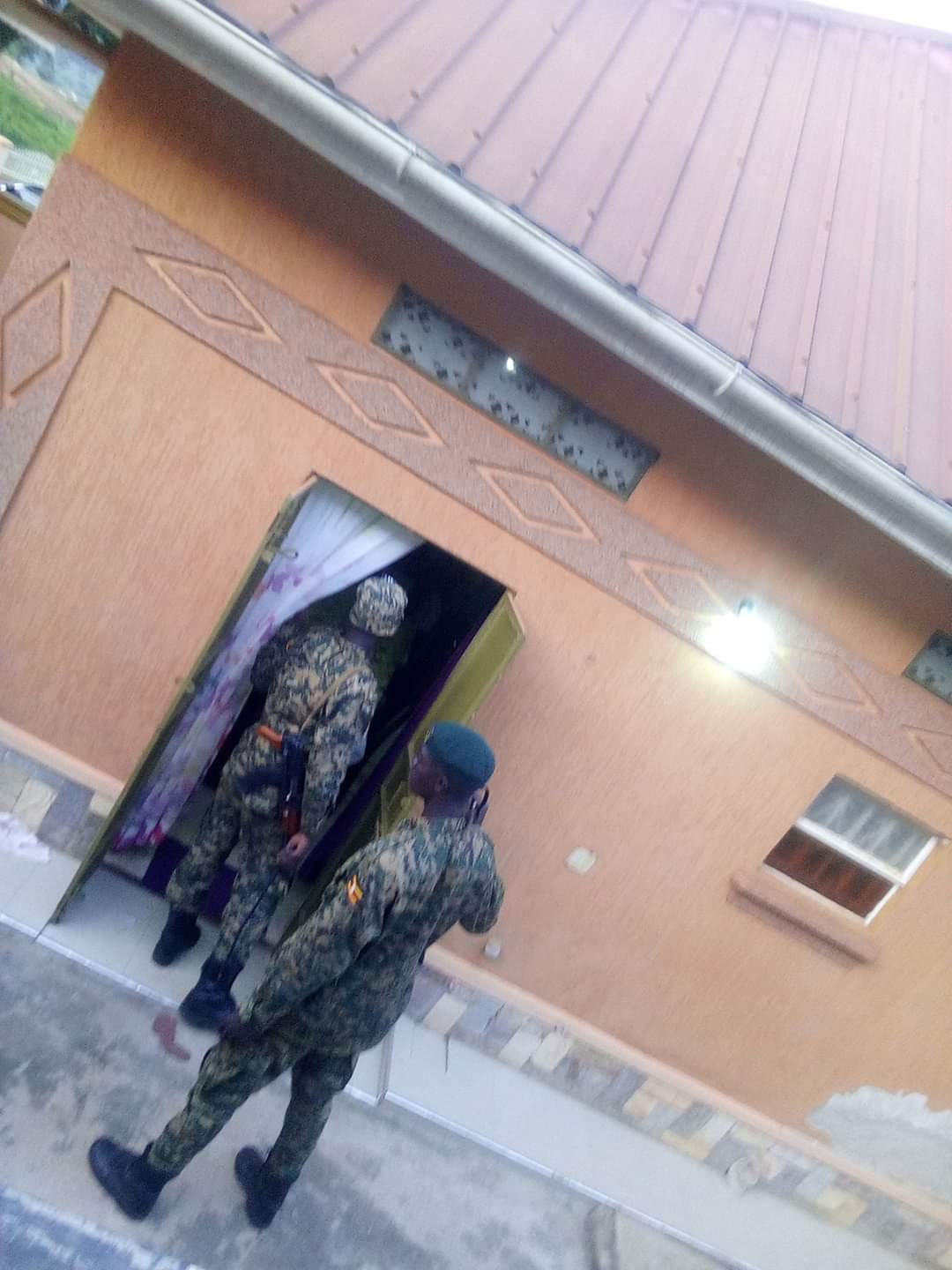Ugandan opposition leader Robert Kyagulanyi, popularly known as Bobi Wine, has raised alarm over what he describes as a life-threatening situation orchestrated by President Yoweri Museveni and his son, Gen. Muhoozi Kainerugaba.
In a chilling statement on Friday, February 21, 2025, Bobi Wine revealed that unidentified armed men in civilian clothes have been patrolling his home since yesterday. According to him, these individuals have been trailing him and his associates, abducting some of his security personnel and political allies.
“Whatever happens to me, Museveni and his son are responsible,” he declared. “They have gone ahead to trail and abduct many of our comrades, including part of my security team. Right now, they’re raiding our Party headquarters. We expect anything from the cowardly regime – BUT WE ARE NOT INTIMIDATED!” he stated.
Whatever happens to me, Museveni and his son are responsible. From yesterday, our home is being patrolled by strange men in civilian clothes who appear to be armed. We have information that they're after my life – as threatened by Museveni’s son a few days ago. They have gone…
— BOBI WINE (@HEBobiwine) February 21, 2025
His claims come just days after an alleged public threat from Gen. Muhoozi Kainerugaba, who has been widely seen as Museveni’s likely successor. Bobi Wine and his National Unity Platform (NUP) have consistently accused the government of using intimidation tactics to silence opposition voices.
Reports of political arrests and disappearances have been increasing in Uganda, especially targeting opposition figures and activists. This latest development adds to growing concerns over the state of democracy and human rights in the country.
As of now, Ugandan authorities have not officially responded to Bobi Wine’s claims. However, his supporters fear for his safety, given the history of violent crackdowns on opposition leaders.
Despite the threats, Bobi Wine remains defiant, stating that he and his team will not bow to intimidation. “We are not scared. We will continue fighting for freedom,” he assured his supporters.
The situation remains tense, and many are closely watching how events unfold in the coming days.














